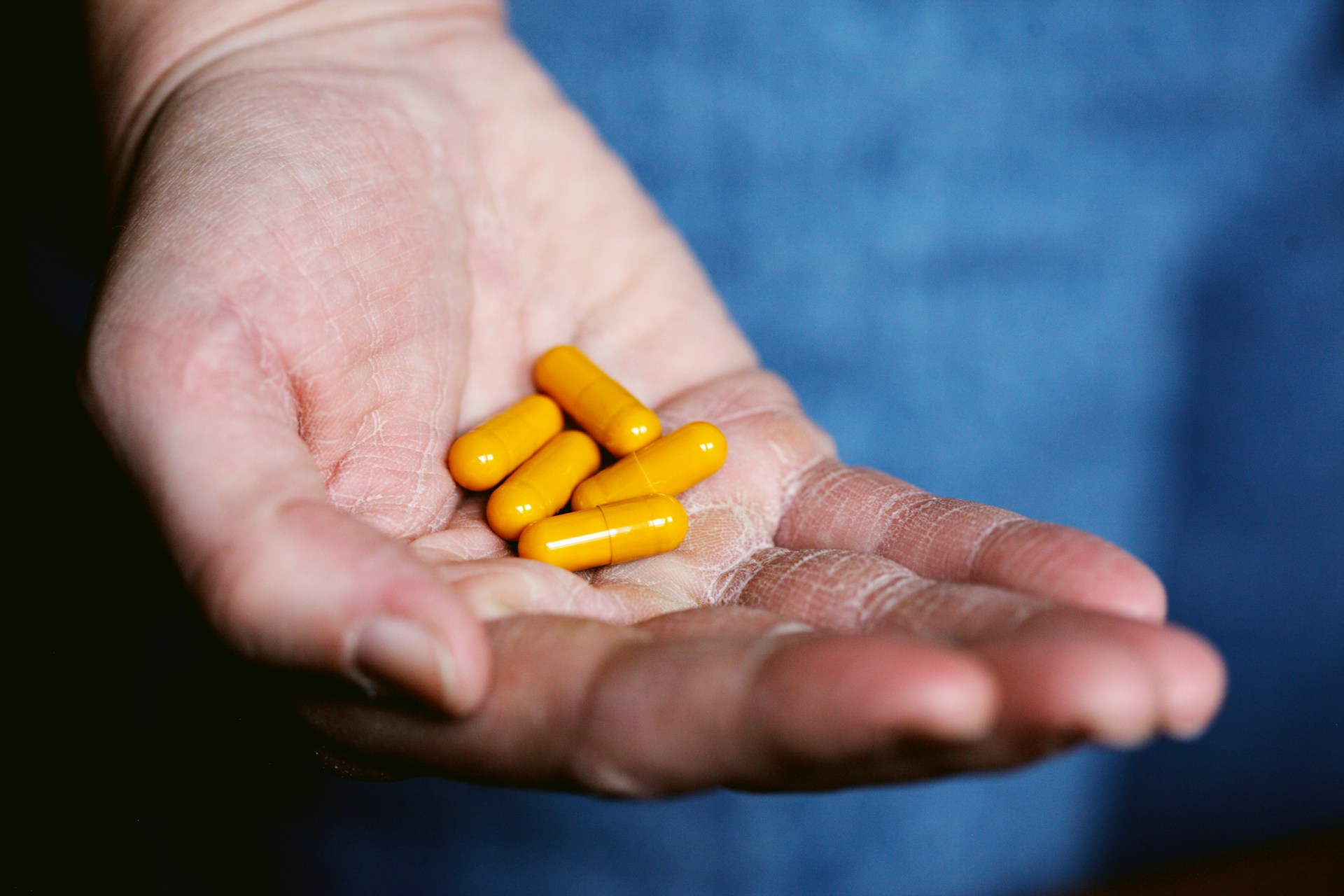A chemical synthesis approach that takes advantage of the potential of mirror image molecules, also known as enantiomers, is poised to change the way drugs are discovered, marking the provenance of a revolution in discovery chemistry. Working at the University of Texas at Dallas, and in collaboration with Boston College and the University of Pittsburgh, researchers have developed a new chemical reaction to selectively make left or right handed versions of these molecules. This has huge implications both for pharmaceutical development as knowing which enantiomer is active biologically could generate safer and more efficacious treatments for things as diverse as cancer to depression.
Dr. Filippo Romiti, a chemist at UT Dallas and a lead author of the study, emphasised that nature has always been the best synthetic chemist, but replicating these naturally occurring structures has been a significant challenge.
“This research represents a paradigm shift in the way we can now synthesise large quantities of biologically active molecules and test them for therapeutic activity,”
His team’s process, which involves adding prenyl groups to enones, allows for rapid and scalable production of pure enantiomers that could be used to specific biological effects.
Meanwhile, a research team at Scripps Research in La Jolla, California, is taking a different approach to mirror-image molecules by using them to identify new drug targets. Dr. Benjamin Cravatt, a senior researcher, noted that their new screening method lets them determine not only which small molecules bind to proteins but also how they impact protein function.
“The ability of small molecules to specifically bind to a protein and cause a biological consequence is the fundamental basis for most drugs today,”
His team’s work has already identified a promising molecule that selectively disrupts cancer-related protein complexes.
Such diverse strategies lead to the conclusion that mirror image chemistry has written new roads on the therapeutic research. But the sequence of steps can now be applied by Dr. Romiti’s team to other complex natural products and now chemists and biologists have a powerful new tool to discover hundreds of new drug leads.

Hassan graduated with a Master’s degree in Chemical Engineering from the University of Chester (UK). He currently works as a design engineering consultant for one of the largest engineering firms in the world along with being an associate member of the Institute of Chemical Engineers (IChemE).



